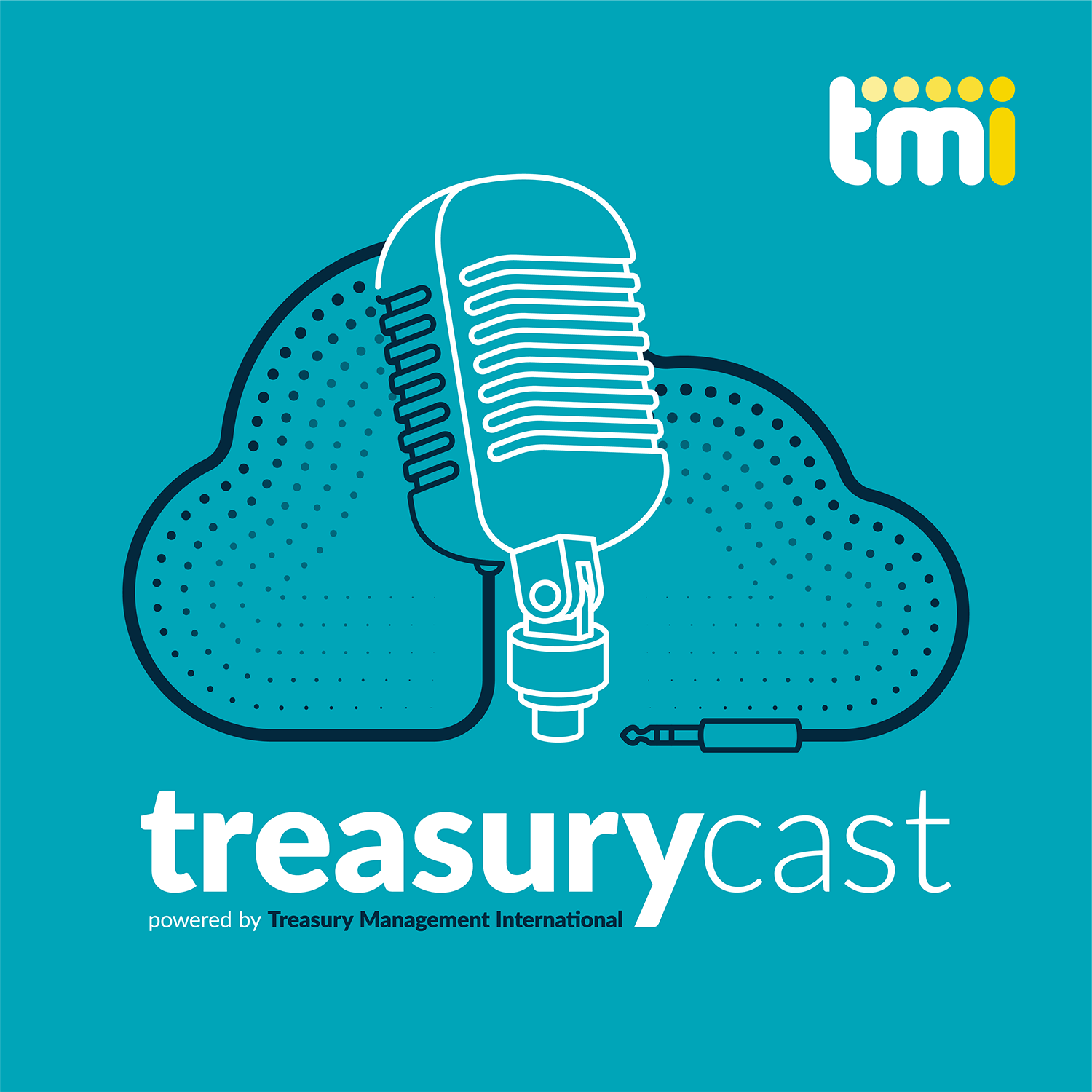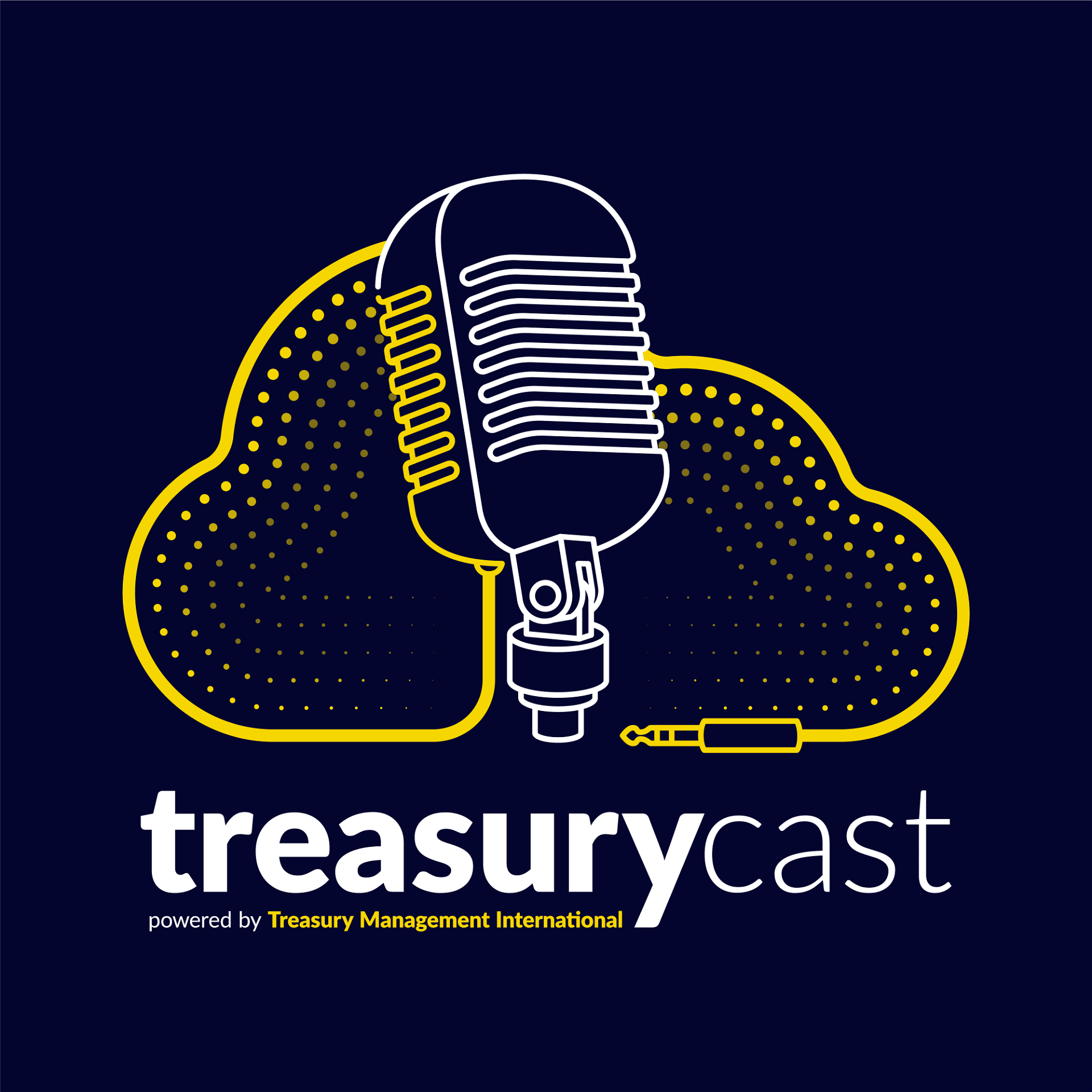Not All Companies Will Benefit from New IFRS 9 Hedge Accounting Rules
New York, November 26, 2013 – Multinational corporations reporting under financial standards that diverge from the new IFRS 9 Financial Instruments amendment on hedge accounting completed last week by the International Accounting Standards Board (IASB) will be at a competitive disadvantage from companies that can adopt the standard today, says Reval, a leading global Software-as-a-Service (SaaS) provider of comprehensive and integrated Treasury and Risk Management (TRM) solutions. The IASB completed amendments to the long-awaited replacement of IAS 39’s phase three, hedge accounting, with an undetermined effective date, but with early adoption allowed immediately.
“One of the clear benefits of hedge accounting under IFRS 9 is that it enables companies to better reflect their risk management activities in their financial statements,” explains Blaik Wilson, Chairman of Reval’s Hedge Accounting Technical Taskforce. “These companies will have a competitive advantage in global markets where investors place a premium on companies that can smooth out profit and loss volatility on their financial statements.”
The new standard will enable companies to suffer less P&L volatility on common hedging scenarios than under the current IAS 39 or under U.S. GAAP. Commodity hedgers reporting under IFRS 9, for example, will be able to hedge components of non-financial items, such as the “rubber in the rubber tire”. As such, these companies will be able to provide stakeholders with a financial picture more consistent with the economics of their hedging strategies. In addition, companies can mitigate P&L volatility associated with option time value (the value of the chance to exercise an option over time) and will no longer risk failing hedge effectiveness criteria embedded in the infamous ‘80-125%’ bright line rule, now removed under the new standard.
The IFRS Foundation reports that “The IASB is continuing to consider limited amendments to the classification and measurement requirements already included in IFRS 9 and is working on finalizing the new expected credit loss impairment model.”





